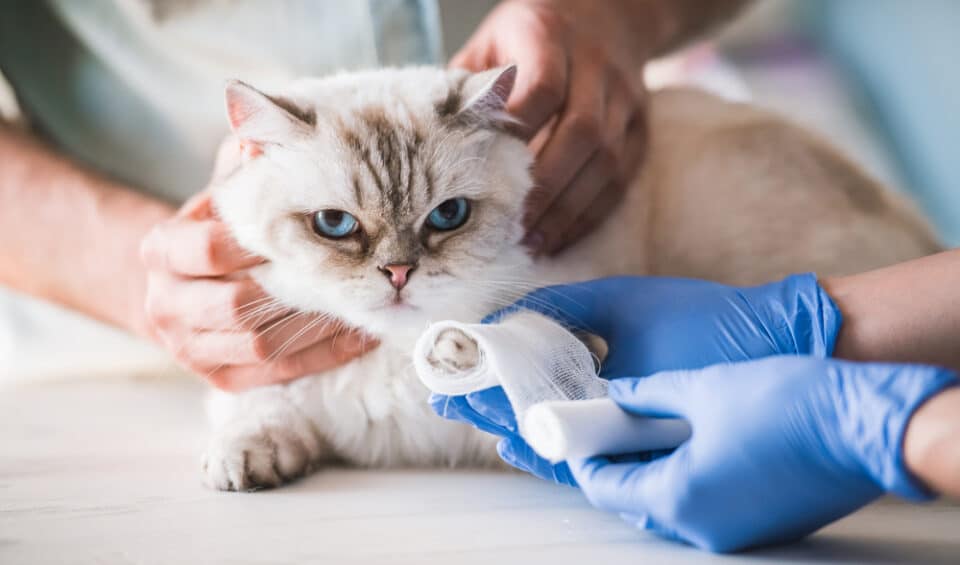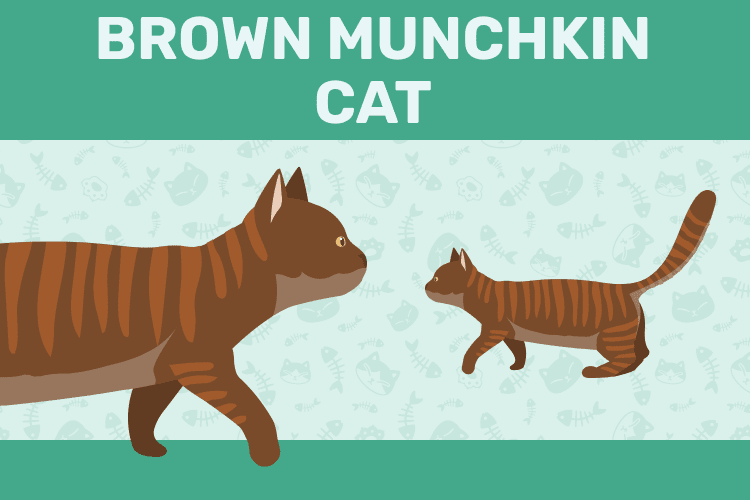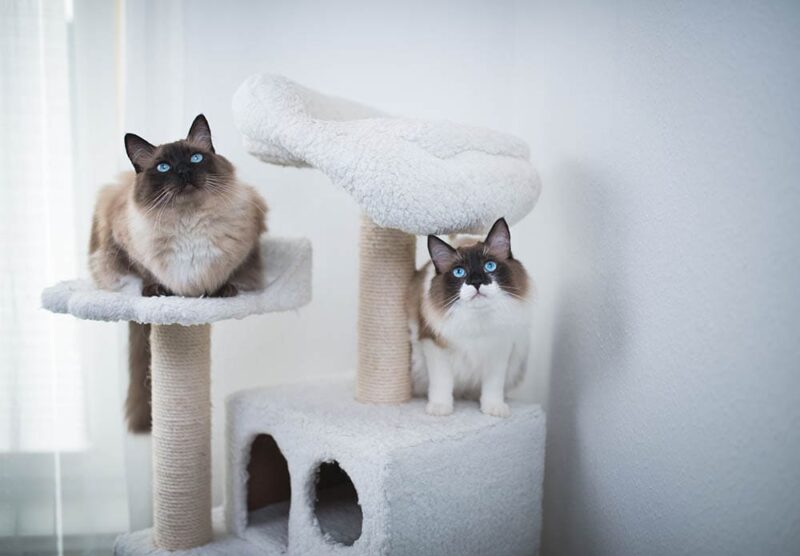Cats are intriguing creatures with a taste for the unexpected. While naturally drawn to fish, their eating habits can lead to questions. One such question is about fish bones: Are they safe for our feline friends? This article dives into the nitty-gritty, shedding light on what’s safe and what’s risky for your whiskered companion.
When our cats give those pleading eyes, especially at dinner, we might think of sharing our meal. Before tossing them a fishy treat, it’s essential to understand the risks. Fish bones, both big and small, can pose dangers. As loving cat owners, we should ensure our pets eat what’s safe, dodging potential hazards.
The Dangers of Fish Bones
Cats nibbling on fish bones? Sounds harmless, right? Well, not quite! Both raw and cooked fish bones can spell trouble for cats. These bones are often sharp, and when swallowed without chewing, they might lodge in the cat’s mouth or throat. Worse, they could perforate tissues along their digestive tract, leading to serious issues that no pet owner wants to face.
If you’re thinking about giving your kitty a treat, always remember the size matters. Bigger bones can easily get stuck, causing choking hazards. Hence, it’s always best to steer clear and avoid feeding bones to your cat altogether.
Small Fish First
The size of fish matters when it comes to safety. Larger fish have larger bones, which can be problematic. So, if you’re set on feeding them fish, pick smaller ones like sardines or mackerel. These can be a better choice since their bones are smaller and less likely to cause issues.
Regardless of the fish size, it’s wise to remove as many bones as possible. Sometimes, a cat might handle small bones, but why risk it? Taking extra care ensures safer meals and fewer vet visits.
Dinner Supervision
Keeping an eye on your cat during meal times is more crucial than you might think. The first time they nibble on something new, like fish, ensure you supervise. There’s always the lurking risk of a bone breaking or getting lodged somewhere it shouldn’t be.
If a problem arises and you can’t get to a vet immediately, consider online vet services. These services provide immediate guidance, potentially saving your cat from immediate distress.
What to Do if Your Cat Is Choking
Choking is every pet owner’s nightmare. If there’s a suspicion that your cat is choking, the first step is careful inspection. Open their mouth gently and look for blockages. It’s a delicate situation, so tread carefully.
Feeling brave and sure of the blockage? Try removing it gently. But always remember, if you’re unsure, it’s better to head straight to a vet. Even if you clear the blockage, professional checks are essential to rule out any internal damage.
A cat Heimlich maneuver might sound challenging, but it’s better learned beforehand. This knowledge can be a lifesaver, especially in those critical moments when waiting isn’t an option.
Feeding Fish to Your Cats
It’s a common view: cats love fish. Some might even imagine them daydreaming about the next fishy treat! However, safety comes first. Raw fish isn’t ideal for our feline pals due to harmful enzymes that affect vitamin B1 levels. Vitamin deficiencies aren’t fun, so it’s best to avoid raw treats.
Besides the enzymes, another lurking danger is mercury. Fishes higher up the food chain, like tuna, have higher mercury levels. This makes them a poor regular diet choice for our cats. Cooked fish, minus bones, and occasionally served, can be a safe treat. Keeping these points in mind ensures our pets stay healthy.
Final Notes on Feeding Fish
Fish, with its omega-3 benefits, is undeniably nutritious. But before treating your cat, it’s good to be informed. Regular feeding from larger fish isn’t recommended due to mercury concerns. Stick to cooked fish and always be bone-cautious.
Removing bones might seem tedious but trust, it’s worth it. Ensuring your cat’s meal is safe prevents those frantic vet visits and ensures happiness for you and your furry friend.
By balancing nutritional benefits against risks, you can make informed choices. Keeping fish an occasional treat, always prepared safely, ensures your cat’s well-being.
While fish can be a delightful treat for cats, safety should always be top priority. By understanding the risks and moderating fish treats, you ensure a purr-filled, healthy life for your furry companion.










